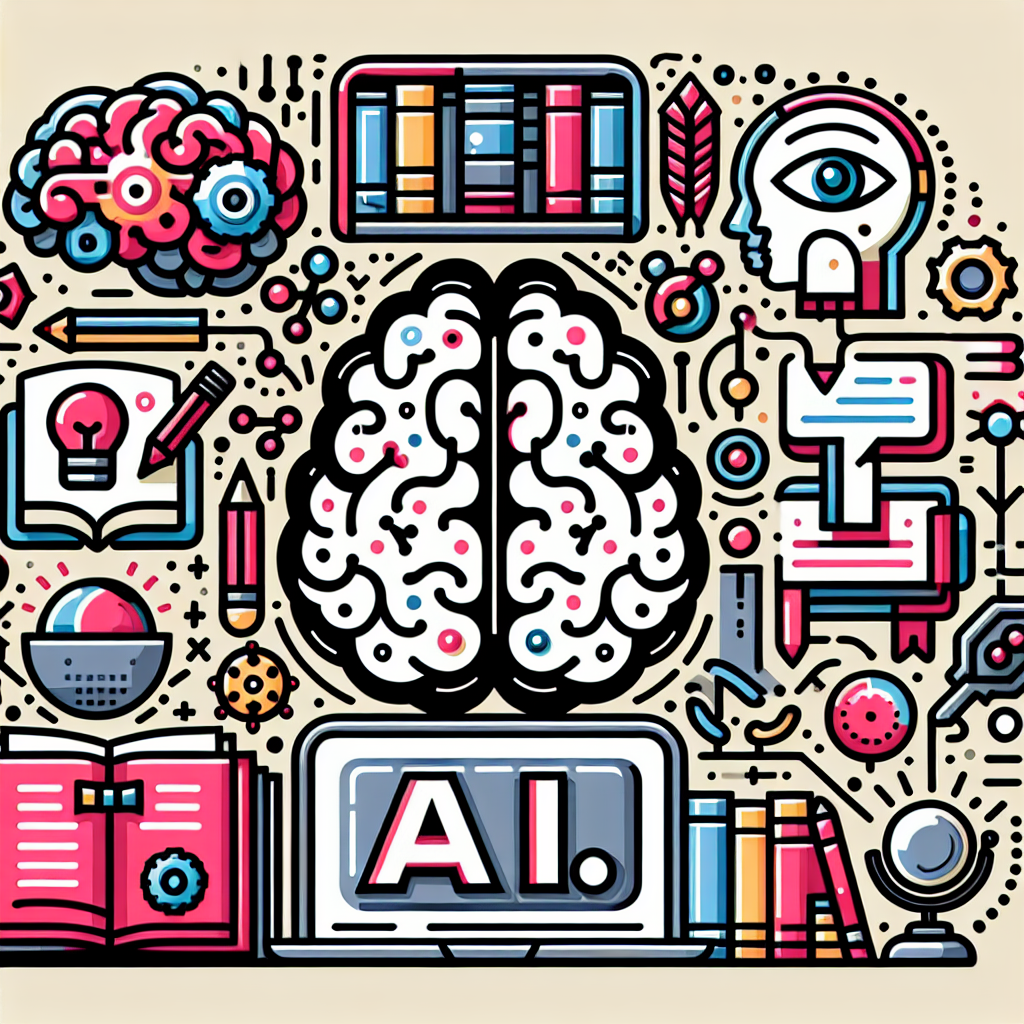The Role of AI in Personalized Learning
In recent years, there has been a growing interest in personalized learning, a teaching approach that aims to tailor instruction to the individual needs and learning styles of each student. Personalized learning has been shown to improve student engagement, motivation, and academic performance. With the advent of artificial intelligence (AI) technology, personalized learning is becoming more accessible and effective than ever before.
AI in personalized learning refers to the use of machine learning algorithms and other AI technologies to analyze data about students’ learning patterns, preferences, and progress, and to provide personalized recommendations and feedback. AI can help educators to better understand their students’ strengths and weaknesses, and to design more effective learning experiences that cater to each student’s unique needs.
One of the key benefits of AI in personalized learning is its ability to adapt in real-time to each student’s progress. AI algorithms can track students’ performance on various tasks and adjust the difficulty level or content of the learning materials accordingly. This allows students to work at their own pace and receive targeted support when needed, leading to more efficient and effective learning outcomes.
AI can also help to identify patterns in students’ learning behaviors that might not be immediately obvious to teachers. For example, AI can analyze data on how long students spend on different tasks, which types of questions they struggle with, and how they interact with learning materials. This information can be used to identify areas where students need additional support or to provide targeted interventions to help students overcome their challenges.
Furthermore, AI can help to personalize the learning experience by providing students with adaptive learning paths and recommendations. For example, AI algorithms can suggest additional resources, activities, or learning opportunities based on students’ interests, learning preferences, and progress. This can help to keep students engaged and motivated, and to ensure that they are continuously challenged and supported in their learning journey.
FAQs
1. How does AI in personalized learning benefit students?
AI in personalized learning benefits students by providing them with tailored instruction and support that caters to their individual needs and learning styles. This can help students to learn more effectively, stay engaged and motivated, and achieve better academic outcomes.
2. How does AI in personalized learning benefit teachers?
AI in personalized learning benefits teachers by providing them with valuable insights into their students’ learning behaviors, preferences, and performance. This can help teachers to better understand their students, design more effective instruction, and provide targeted support to help students succeed.
3. Are there any risks or concerns associated with AI in personalized learning?
Some potential risks or concerns associated with AI in personalized learning include data privacy and security issues, algorithm bias, and the potential for over-reliance on technology. It is important for educators and policymakers to address these concerns and to ensure that AI is used responsibly and ethically in personalized learning environments.
4. How can educators integrate AI in personalized learning into their teaching practice?
Educators can integrate AI in personalized learning into their teaching practice by using AI-powered tools and platforms that provide personalized recommendations, feedback, and support to students. Educators can also collaborate with AI developers and researchers to design and implement AI-based solutions that meet the specific needs of their students and classrooms.
5. What is the future of AI in personalized learning?
The future of AI in personalized learning is promising, with continued advancements in AI technology that will enable more sophisticated and effective personalized learning experiences. As AI algorithms become more sophisticated and data-driven, we can expect to see even more personalized, adaptive, and engaging learning experiences that cater to the individual needs of each student.

